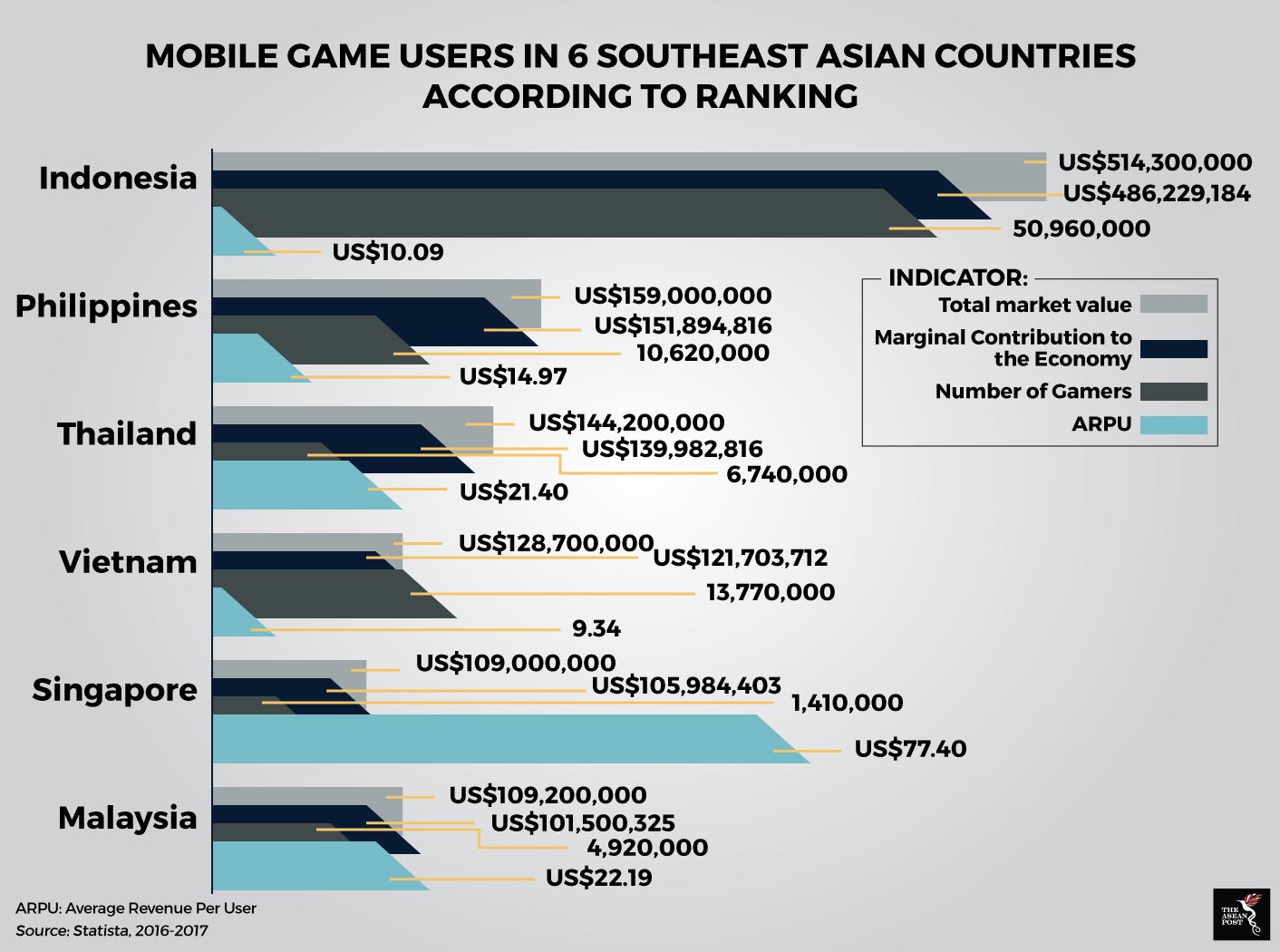Will a rose by any other name smell just as sweet? This may be the key question China's Baofeng Nova Co Ltd is attempting to answer when it created its blockchain-based game, known simply as 'The Rose', which is set to launch worldwide by the end of Valentine’s Day.
Blockchain is defined as a digitised, decentralised public ledger of all cryptocurrency transactions, according to financial education website, Investopedia.
Customers who download 'The Rose' will receive digital rose seeds which they can then use to grow their own virtual rose plants. These can then be stored on the blockchain as 'perpetual assets', along with accompanying notes and declarations of undying love. The flowers can be viewed in holographic form or displayed in 3D on smartphones.
Such an interface works by incorporating the use of blockchain as a data structure to store gameplay. Any gameplay, once recorded on the blockchain ledger, is then automatically accessible by anyone with a blockchain key.
There are a number of other ways in which blockchain is becoming a real gamechanger. Putting games on the blockchain platform, for instance, enables the digitisation of real assets, by creating a system where rewards can be exchanged for real cryptocurrency value. This blurs the boundary between the real and virtual worlds but at the same time creates a safety net for digital assets once a player leaves the game. In this way, professional gamers would benefit directly from rewards earned in real time.
One example is the 'World of Ether', a game based on the Ethereum platform and co-founded by Alain and Stanley Goldman. In the game interface, players can hatch eggs, breed monsters and battle them against other players' monsters. They can also earn their rewards in the form of ‘Ether’ cryptocurrency when selling their monsters to other players.
"Collecting is another mechanic that gets an advantage from using blockchain," explained Alain Goldman.
"World of Ether is a crypto-collectible game, and we wanted to reward the original discoverers of monsters with their names credited forever," he added.
This creates impetus for players to stick to a particular game. The popular Canadian blockchain game, 'CryptoKitties', for one, rewards its players’ efforts to breed and sell ‘kitties’ at different market rates that depend on the rarity of a particular ‘Kitty’. ‘Kitties’ are tied to unique identification tags on the blockchain ledger, and hold specific value in the Ethereum cryptocurrency. According to reporting by Fortune in February 2018, about 500,000 kitties have been sold so far, with transactions surpassing US$40 million in value.
The success of 'CryptoKitties' is spawning similar blockchain games in China, such as Baidu's new dog-themed blockchain game, premised around the same idea as ‘CryptoKitties’ but using the Achain cryptocurrency platform instead of Ethereum. With 'CryptoKitties' going mobile and heading for China and Singapore, more of the burgeoning smartphone user population there could soon be drawn to mobile gaming too.
"Southeast Asians spend an average of 3.6 hours a day on their smartphones, according to a 2017 joint report by Google and Temasek. Meanwhile, the number of mobile gamers in Southeast Asia is expected to grow from 170 million at the end of 2017 to more than 250 million by 2021, according to gaming market research firm, Niko Partners. Projected mobile gaming revenue is expected to hit US$2.4 billion by 2021, up from US$1.1 billion in 2017.
Blockchain could disrupt the mobile gaming market in Southeast Asia, where Forbes reported in 2017 that oligopolies of 10 or more games publishers have begun to dominate. New games publishers who find it hard to penetrate the market may now be able to successfully do so through the creation of new business models centred around blockchain-based games.
An example is the blockchain-based platform, Nitro, which operates as a sort of democratised platform for games publishers to engage and participate in voting for games to be funded by the platform. Games publishers can hence access alternative sources of funding, which reduces their reliance on traditional dynamics of the gaming market. Nitro has also partnered with Southeast Asian mobile entertainment group iCandy Interactive Limited to enable them access to a wider network of game publishers and gamers.

Although blockchain doesn’t look to be going out of style any time soon, some parties have expressed doubts about the sustainability of the blockchain game-based business model.
“It is just like securities trading or horse racing. Only 1 out of 100 can survive, with or without blockchain,” Emil Chan, vice president of the Hong Kong Blockchain Society told the South China Morning Post in February 2018.
In other words, despite the innovation and opportunities offered by blockchain, there still needs to be real business acumen before blockchain-based gaming can really add value to the Southeast Asian gaming market. This again will depend on wider factors, such as government regulation on cryptocurrency and whether there is a long-term market here for it. It is still early days yet.
Recommended stories:
